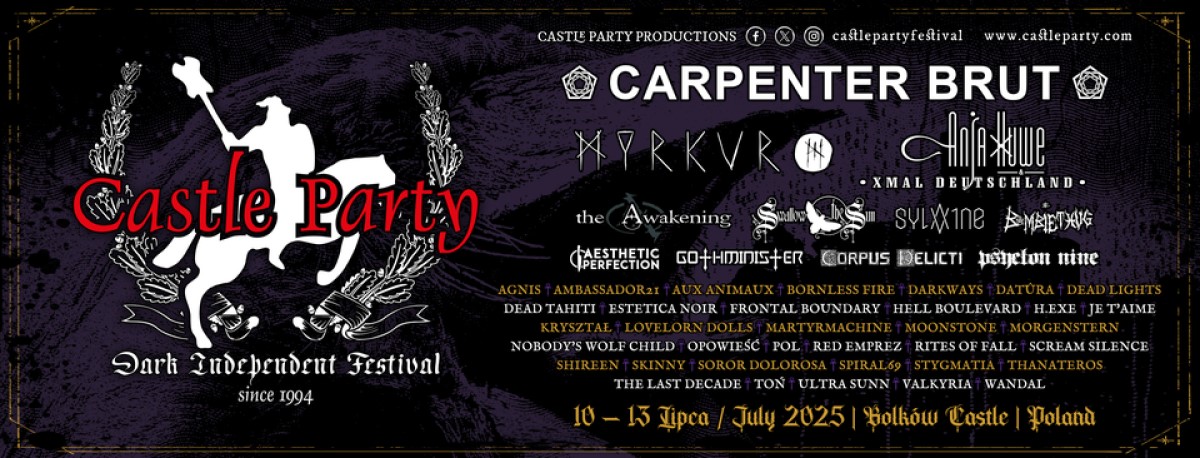Sweden's ritual folk act Forndom, one of the world's leading modern folk artists, will release a new album entitled Moþir on 6 December via Nordvis Produktion. Moþir is an exploration of divine ambiguity in a soundscape that feels as ancient as the earth itself. Ludvig Swärd's acoustic compositions strip away modernity, drawing listeners into a world shaped by reverent melodies. With contributions from Thomas von Wachenfeldt, Janne Posti (Häxkapell), and Draugurinn, Moþir is a meditation on the cycles of life and death, offering a timeless reflection on Scandinavian spirituality.
The first single and music video, "Tunridor," is out now. "Tunridor" is an old word for witches and symbolises feminine darkness. The song draws inspiration from two stanzas of the Hávamál:
Stanza 155: The tenth I know: if I see witches play, high in the air I can cause them to go astray, lose their form, and lose their soul.
Stanza 118: A man I saw, sorely wounded by words of an evil woman; a lying tongue took his life, though for no just cause.
Ludvig Swärd comments: "The tenth rune, according to the Uthark system (which I believe is the correct interpretation), is Ís – the rune of death. This rune is chanted by Janne Posti (Häxkapell, Sons Of Crom) eight times in the song, representing the eighth rune, Hagall (hail), which is also associated with curses. While the song had an intensely personal and emotional connection during its creation – where I sought to embody the essence of deceitful human behaviour – it evolved over time, taking on a more profound magical significance. This led to events beyond my understanding: volcanic eruptions, displacement, and death. A chain of events that felt almost too perfect to be real! At its core, the song revolves around the invocation of Odin, as described in stanza 155, and the strength and protection he provides – a feeling beautifully conveyed through the stirring string arrangements of Thomas von Wachenfeldt (Bard Of Skaði). The song's ending also includes a small homage to Dissection and "Where Dead Angels Lie" – a nod I hope those familiar with the style will recognise."
In the music of Forndom, the past breathes with a vitality that transcends time. Moþir is as complex as the deities it portrays, weaving together themes of fertility and loyalty, love and betrayal, light and shadow. It is an exploration of divine ambiguity, where the nurturing embrace of a mother can just as easily turn into the cold hand of inevitability. Link

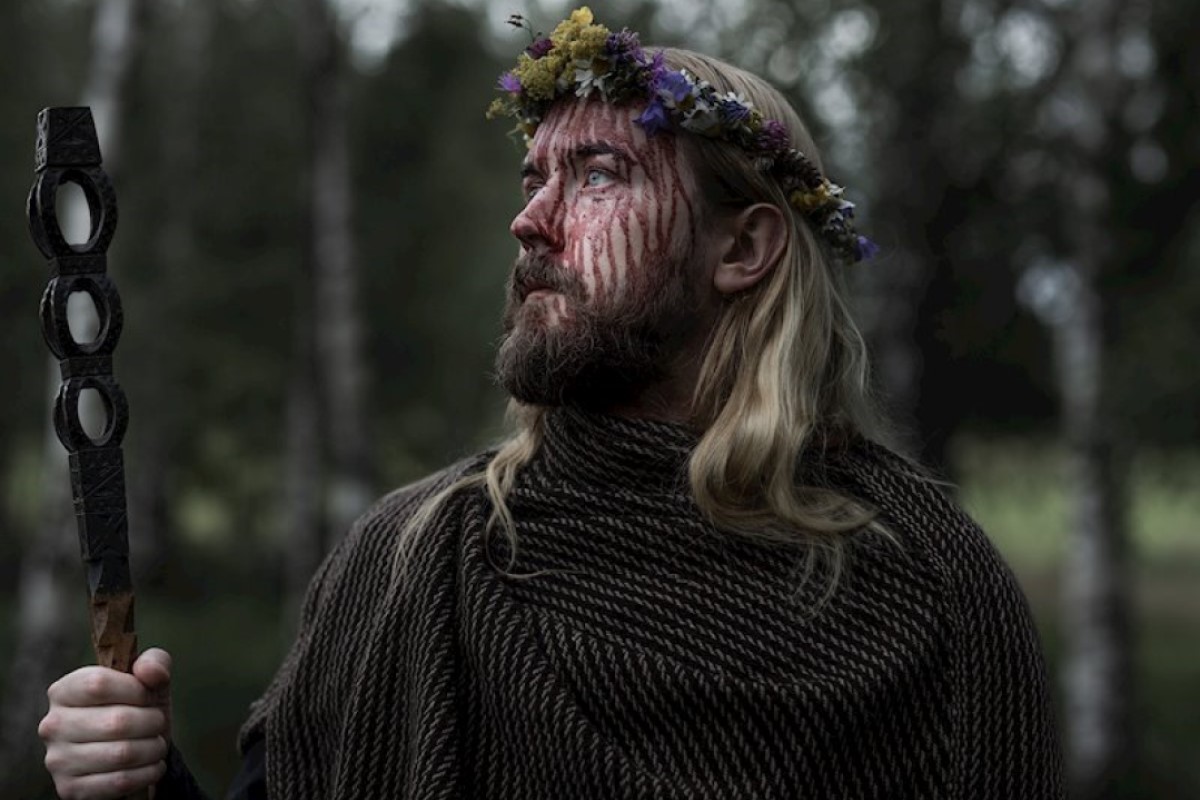
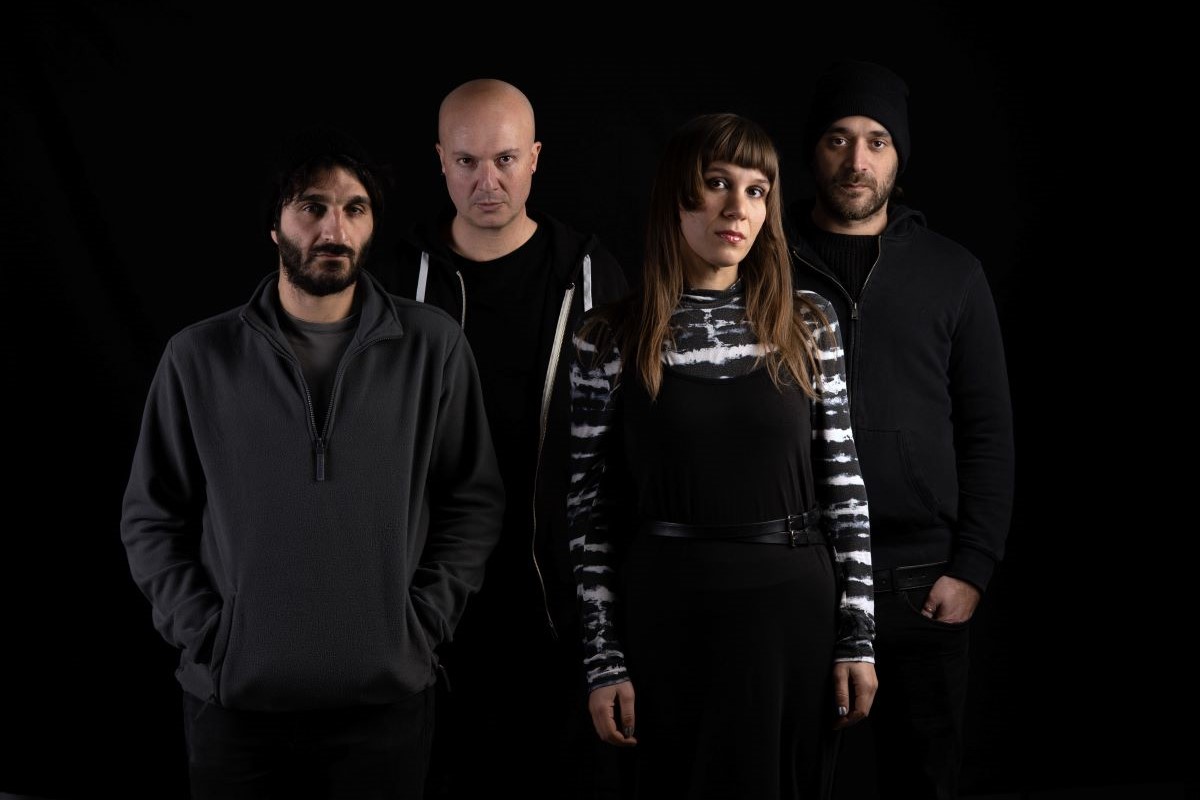 Italian dark folk/doomgaze outfit Bosco Sacro has unleashed the second single and video, "Be Dust", from the approaching live album, Live At Chiesa Armena, set for release on 18 April...
Italian dark folk/doomgaze outfit Bosco Sacro has unleashed the second single and video, "Be Dust", from the approaching live album, Live At Chiesa Armena, set for release on 18 April...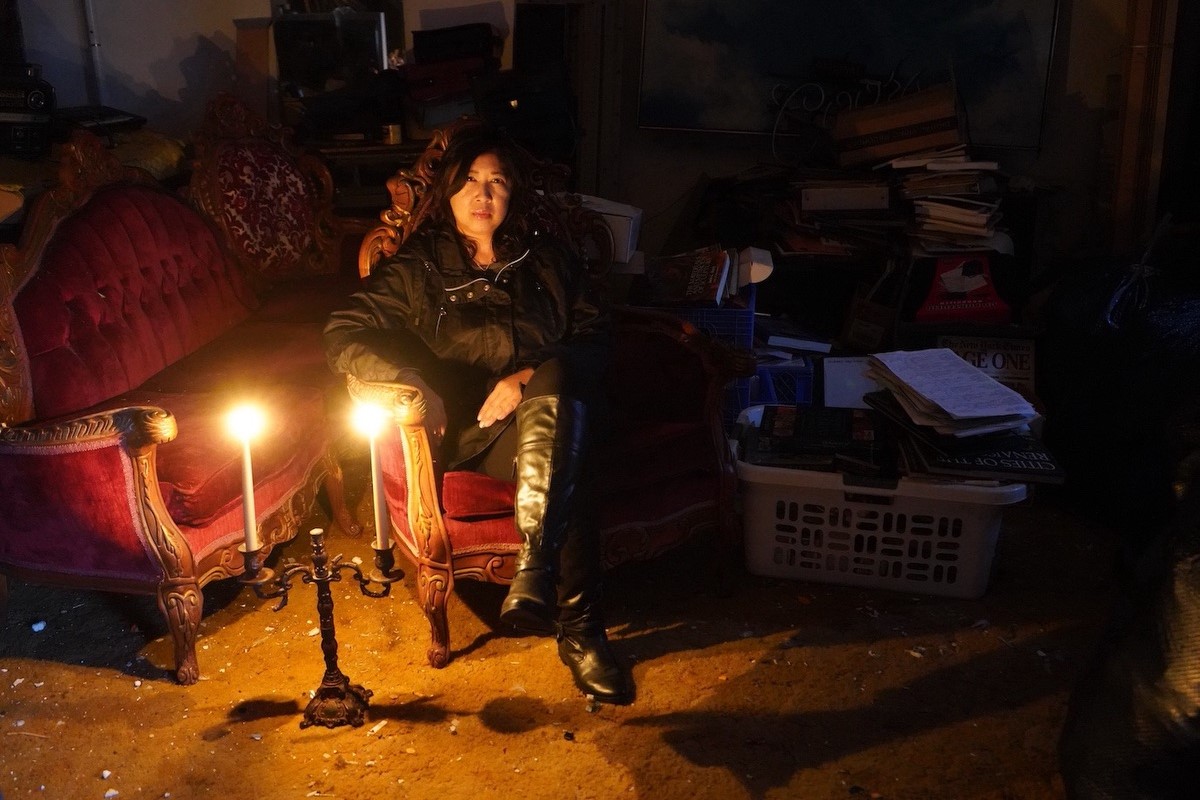 California (USA)-based electronic musician and sound designer Cyrnai (aka Carolyn Fok) has released two tracks from her forthcoming album, Calamity Of Beauty, which will be released...
California (USA)-based electronic musician and sound designer Cyrnai (aka Carolyn Fok) has released two tracks from her forthcoming album, Calamity Of Beauty, which will be released... UK industrial/post-punk legends History Of Guns are back to kick off 2025 with the single "Little Miss Suicide (25)". This fresh take on the band's debut single is released via the...
UK industrial/post-punk legends History Of Guns are back to kick off 2025 with the single "Little Miss Suicide (25)". This fresh take on the band's debut single is released via the...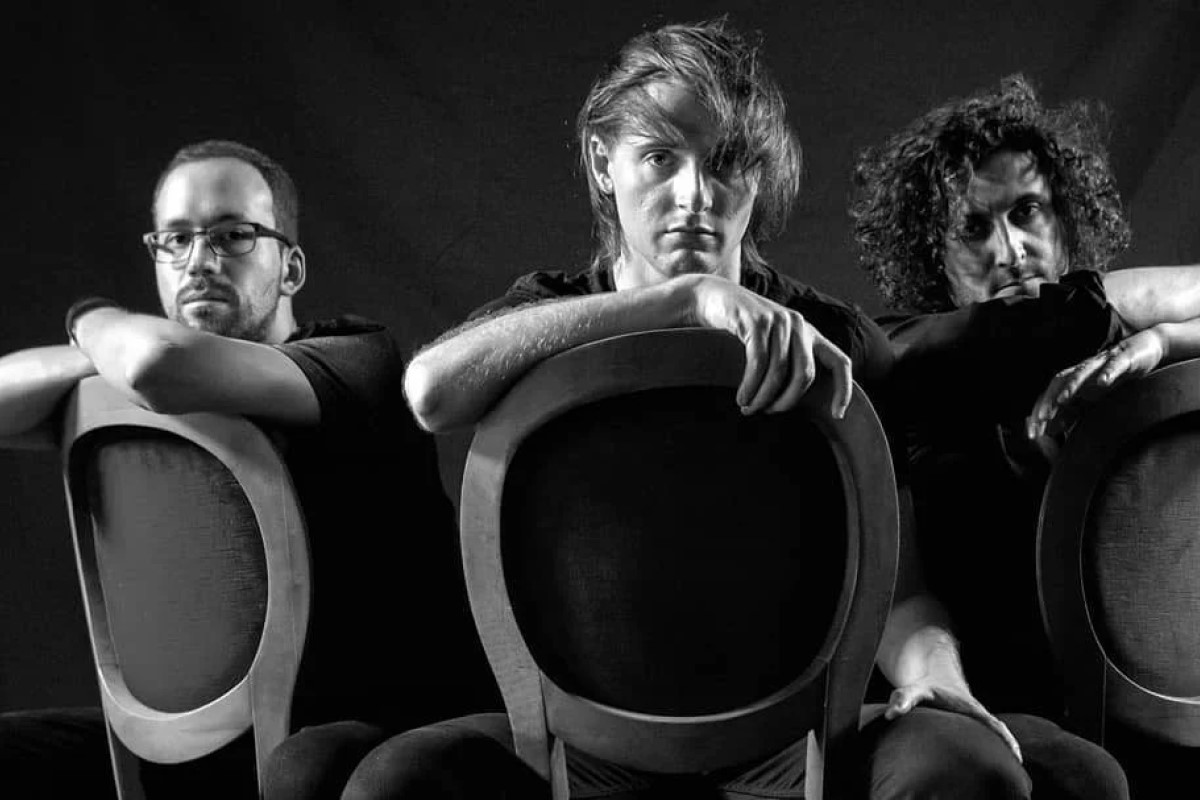 Today, Raskolnikov released its third album, Gorgon'Zola, through Manic Depression Records and Icy Cold Records, on CD, vinyl and digitally. The Franco-Hispanic-Swiss trio presents...
Today, Raskolnikov released its third album, Gorgon'Zola, through Manic Depression Records and Icy Cold Records, on CD, vinyl and digitally. The Franco-Hispanic-Swiss trio presents...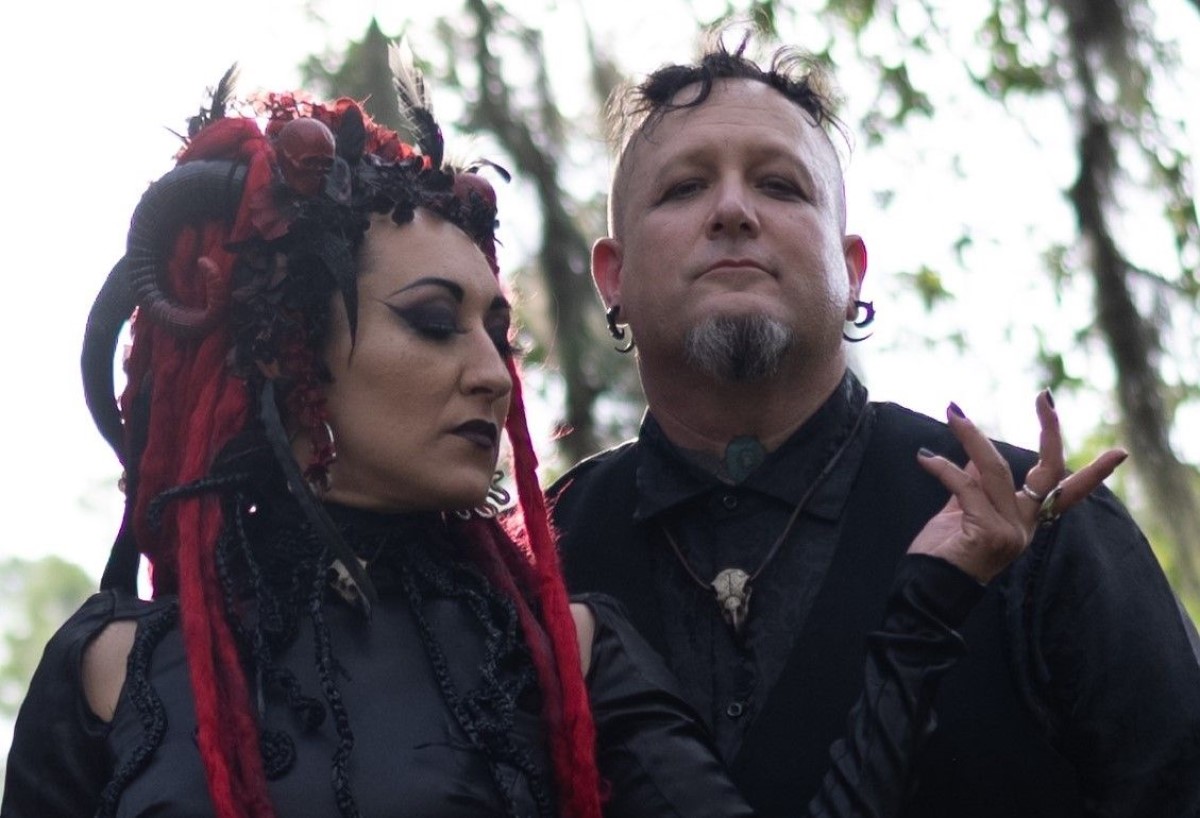 "We paused our work as I was grieving heavily, but once we returned to it, things took on a whole new meaning." - LV Darkling
"We paused our work as I was grieving heavily, but once we returned to it, things took on a whole new meaning." - LV Darkling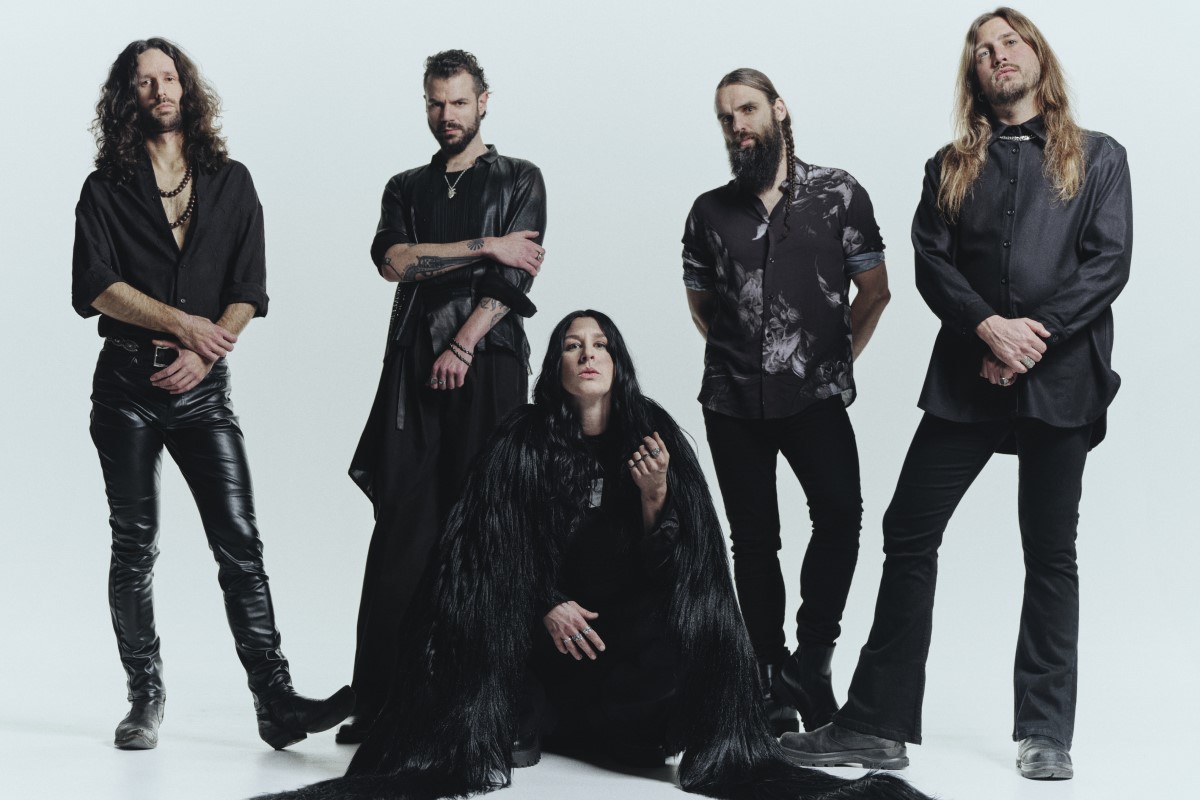 "It's not only about me; everybody deals with identity in a way because the world is asking so much of you all the time. You need to relate to..." - Raven van Dorst
"It's not only about me; everybody deals with identity in a way because the world is asking so much of you all the time. You need to relate to..." - Raven van Dorst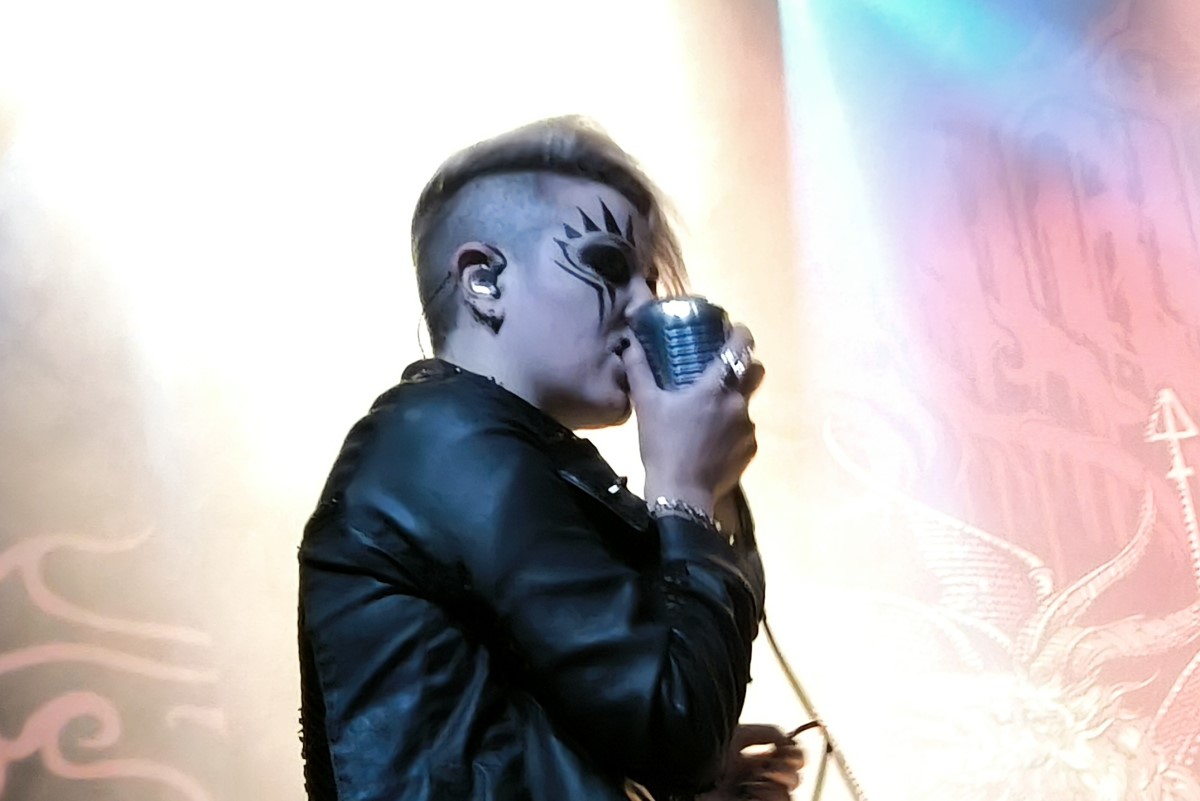 "We were kind of exploring dark subject matters and darker sounds. I really like that, and this is the direction we are going right now." - Larissa Vale
"We were kind of exploring dark subject matters and darker sounds. I really like that, and this is the direction we are going right now." - Larissa Vale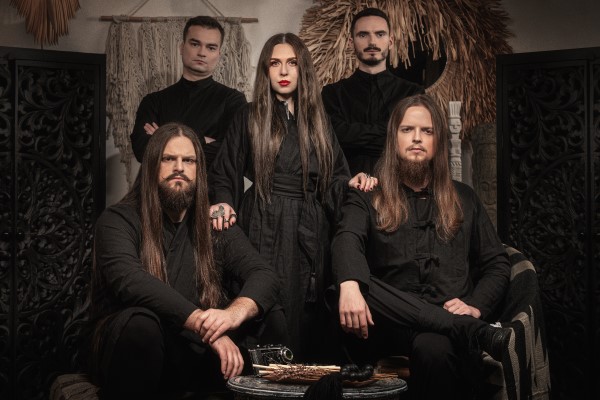 "We try to support our army as much as possible since we also have friends on the frontline." - Helle Bohdanova
"We try to support our army as much as possible since we also have friends on the frontline." - Helle Bohdanova